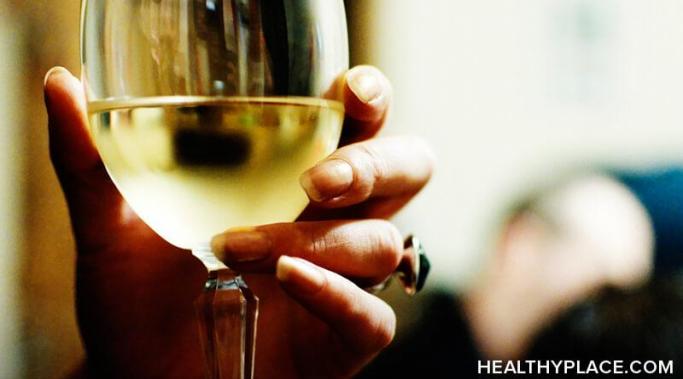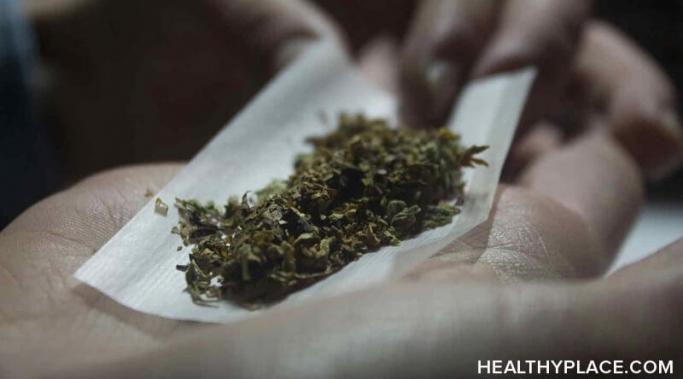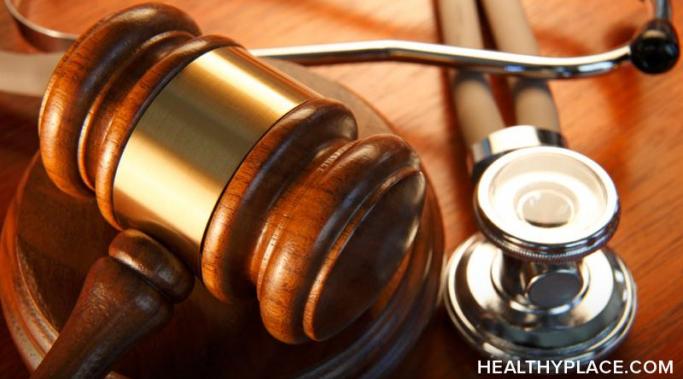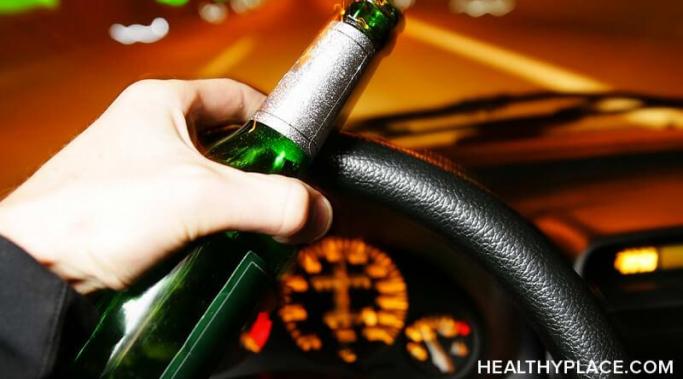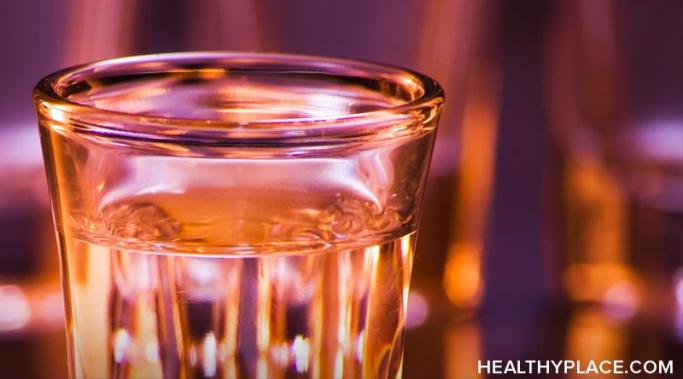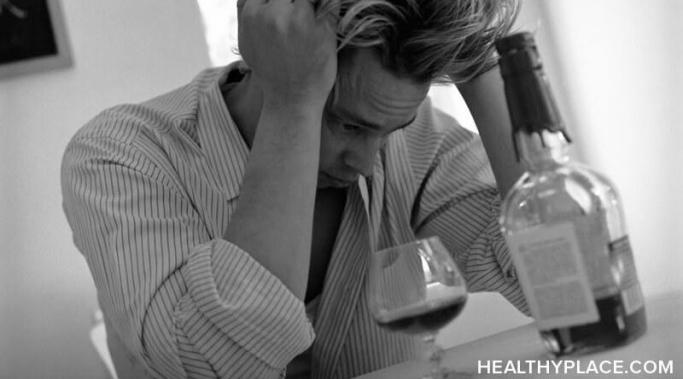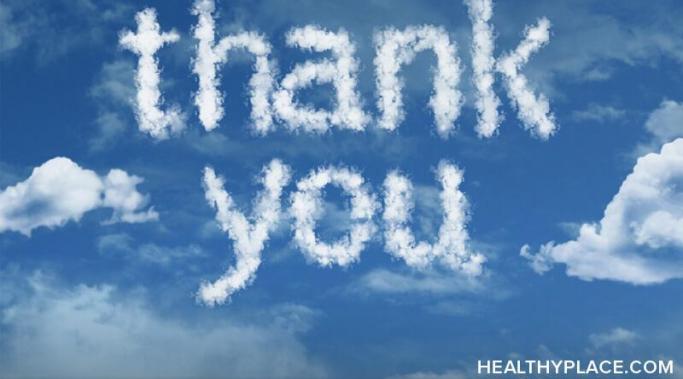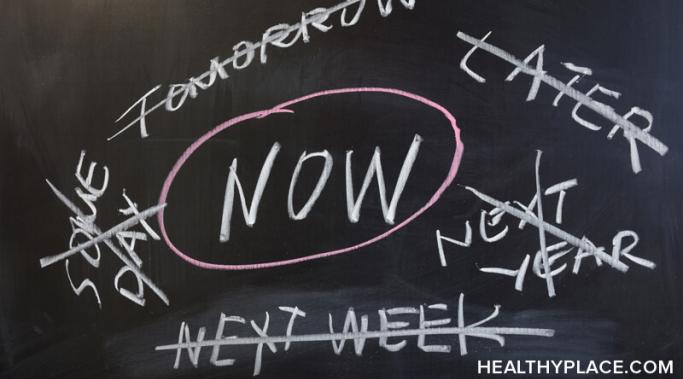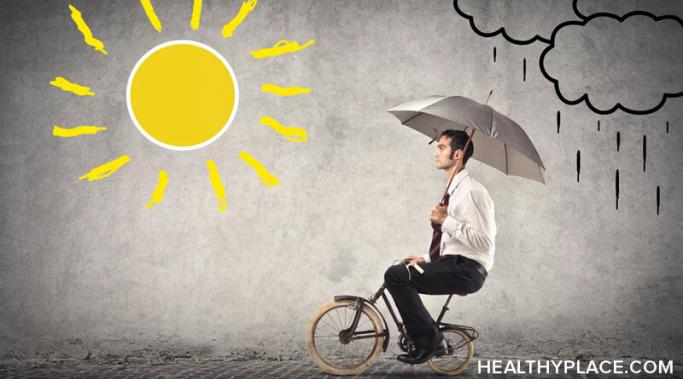The media's portrayal of alcohol addiction hurts people. Last week there was an article on the front page of my local newspaper about a man who was publicly intoxicated. The paper printed his name, hometown, and mugshot for everyone to see. This story was the talk of the tiny, touristy town where I live. Everyone thought it was acceptable to mock this man who struggles with alcohol. After this media portrayal of alcohol addiction and the ensuing jokes, I found myself in a triggered tailspin.
Stigma - Debunking Addiction
A few weeks ago, I told my therapist that I would not have been able to get sober without using cannabis. She chuckled, gave me a funny look, and asked if I thought cannabis use equaled sobriety. Caught off guard, I couldn't help but wonder if she had a point. Were my years of sobriety erased? Did I need to go back to day one? Can I use cannabis and still call myself sober?
In 1999, when I was in fifth grade, a police officer came to our school dressed in a Drug Abuse Resistance Education (D.A.R.E.) t-shirt. He was carrying a gun and wearing a stern face. Without any words, he communicated that using drugs led to extreme consequences. His lecture taught us that drug addicts deserve to be locked up. But criminalizing addiction turned out to be more hurtful than helpful.
Eleven years ago, I got arrested for my first driving under the influence (DUI) charge. Long before that original DUI arrest, I knew I had a problem with alcohol. I knew that blackout drinking a few nights a week was not healthy. But I never spoke up or asked for help because I was terrified of being labeled an alcoholic. Facing the truth meant I would be diagnosed with alcoholism, an incurable, highly stigmatized disease.
One of the most challenging parts of being in recovery for alcohol use disorder (AUD) is dealing with society's normalization of alcohol, a deadly drug. Alcohol is everywhere. Some days, triggering situations come at me more quickly than I can process them. Some days, I want to crawl into bed, pull the covers over my head, and stay there forever because that feels like the only safe place in this alcohol-obsessed culture.
Last week my coworker said she believes addiction is a choice. Her exact words were, "At the end of the day, each person always has the choice to pick up or put down drugs." In response to her comment, I had a full-body, physical reaction. My armpits got sweaty, my heart rate skyrocketed, my shoulders tensed, my jaw tightened, and my neck broke out in red blotchy hives.
Writing has always been a healthy outlet for me to process and express my feelings. I have been writing since I was a young girl, and it has helped me through some of the darkest periods in my life. Throughout my time writing for HealthyPlace, I have had some incredible personal breakthroughs and have been able to connect with many others who battle similar demons. However, my path has taken me in a different direction, and I am saying a final goodbye to my readers within the "Debunking Addiction" blog.
Addiction is lonely, even when it is convincing you otherwise. In all honesty, I have not been feeling inspired to write lately. I have had a lot of self-doubt in my work and have been dealing with a lot of emotional baggage in my mind. I have lost touch with my true purpose, and what have I done to cope? I've self-medicated with drugs and alcohol in an attempt to ease my mind from the millions of thoughts anxiety naturally gives me.
I wish more of my friends knew how to support me in sobriety in the early days. One of the most challenging parts of sobriety for me is having to explain myself to others who do not quite understand the seriousness of addiction or substance abuse. I have grown more comfortable with this throughout my time with sobriety, but I know the difficulties of turning down an invitation to the bar because you do not want to feel triggered. Or the internal shame and anger that comes after hearing someone say, "Just one drink won't hurt."
The number of times I have woken up after a binge-drinking episode and said to myself, "I am not drinking this weekend," or even bolder, "I am never drinking again," just to find myself back at the liquor store a few days later could be considered humorous. I have experienced feelings of shame and embarrassment many times after breaking that promise to myself and having a binge-drinking relapse. It has taken a lot of self-work to reach this point, and not all days feel this way, but I now hold self-compassion close to my heart, even during a binge-drinking relapse, and I encourage you to too.
